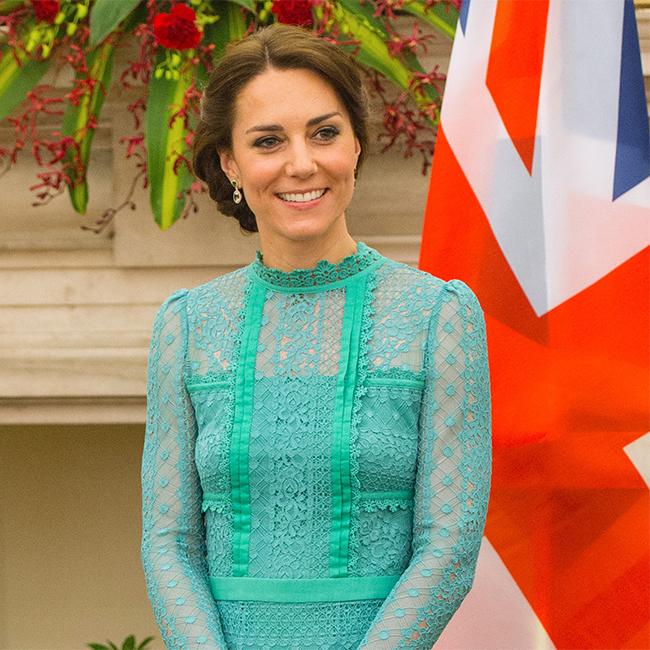The Duchess of Cambridge "wouldn’t hesitate" to get mental health support for her children if they needed it.
The 34-year-old royal has admitted her and her husband Prince William have agreed they would happily seek help if their three-year-old son Prince George and 15-month-old daughter Princess Charlotte suffered from a mental illness.
Speaking in a podcast called ‘Child in Mind’ about her thoughts on mental wellbeing, which has since been reported on PEOPLE, Catherine – who was formerly known as Kate Middleton before she married William in 2011 – said: "Throughout my work with family and child support organizations, one thing that has stood out to me time and again is that getting early support for a child who is struggling to cope is the best possible thing we can do to help our children as they grow up.
"Knowing this, both William and I feel very strongly that we wouldn’t hesitate to get expert support for George and Charlotte if they need it."
And the mother of two has urged other parents to take her approach and not fear asking for help.
She explained: "With the right help, children have a good chance of overcoming their issues while they are still young, and can have the bright future they deserve."
"[One third of adults] say they would be embarrassed to seek help for their child’s mental health.
"No parent would fail to call the doctor if their child developed a fever, yet some children are tackling tough times without the support that can help them because the adults in their life are scared to ask."
And Catherine – who launched the Heads Together initiative with her husband and her brother in law Prince harry in April – hopes her podcasts will encourage families to address any issues, which will enable children to have a "bright future" by overcoming any problems they may face.
She said: "[The podcasts] will go some way to help families overcome that fear of what happens next if they look for professional support. They illustrate that many of the therapies are actually very simple and practical steps that include the whole family to help children make sense of the world around them.
"They show how with the right help, children have a good chance of overcoming their issues while they are still young, and can have the bright future they deserve.
"Please do listen, and share them with your friends and family and let’s change the way we all talk to each other about our mental health."
The Duchess of Cambridge ‘wouldn’t hesitate’ to get mental health support for her children

